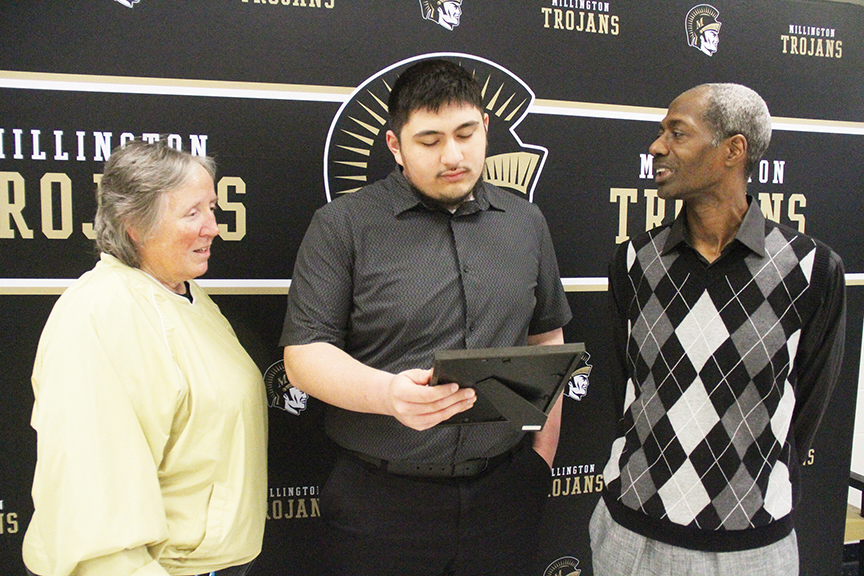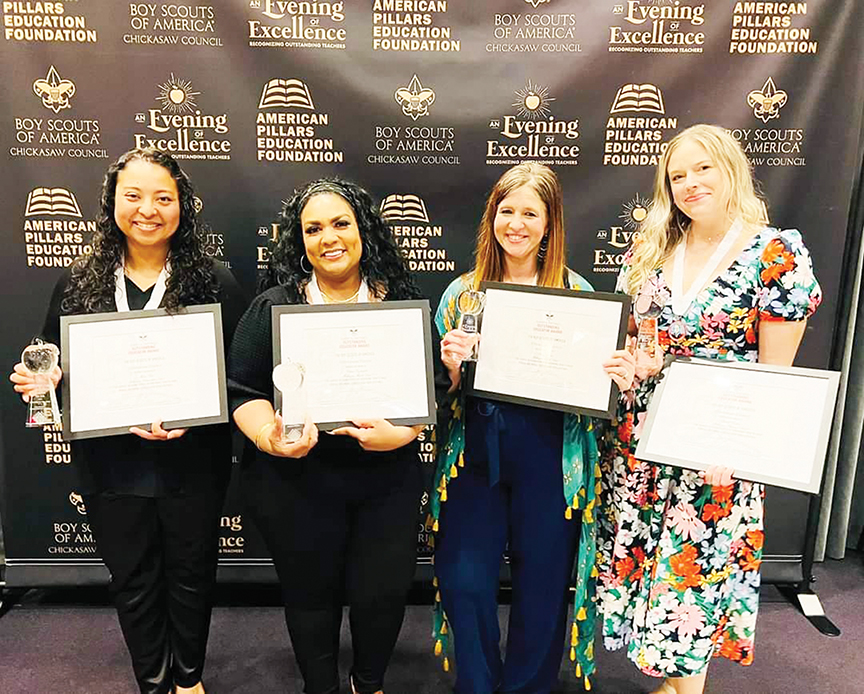 Menu
Menu
By Thelma Ledford
 I hope I am not just another confusing voice. This is a difficult subject to cover; I do not have all the answers, but I can share my experience. You would have to know me to know that I am living proof of the fact that the human body is efficient and creative when supplied with the necessary raw materials. If I could only get folks to look at both sides of the issues, instead of believing everything they hear, I will have accomplished what I intended. Please read the foreword in Suzanne Somers’ Book “Get Skinny” This validates what I’ve been telling you all along. “What happens in the test tube is not the same as what happens in the body. The body knows the difference. For example, in your body a carbohydrate snack is used for immediate energy, or it is stored as fat. But, if the snack is protein and fat, the food is used first to replace cells, enzymes, and hormones that are made up of proteins and fats, which leaves fewer leftover calories to be stored around your middle.” Dietary fats play a key role in the replenishing process. In the test tube fat appears to be twice as fattening as proteins and carbohydrates; it seems logical that fat would add weight. If this is true, why do we see “vegetable” eaters gain weight? Check this out, too! “The American Heart Assn., AMA, Dietetic Assn., and the US Gov., National Cholesterol Ed. Program (NCEP) all seem to agree unquestioningly that: All dietary fats must be restricted, esp. saturated, cholesterol nearly eliminated, margarine and other poly fats are more healthful than butter and saturated fats, carbohydrates made with white flour should be the basis of a healthful diet, eating ten teaspoons of sugar a day is perfectly good for you.” What is wrong with this picture? Look for the truth, but spit out the sticks. Think? Our grandparents ate saturated fat and lived long lives. Mother was alive and active at ninety-five years of age. I am not advocating eating lard; it is not like it was in earlier years. Lard has been injected with something to make it white and solid. Nor am I trying to change your mind, but I want people to look at both sides of the story. Isn’t that the way we all usually make decisions? What if we ate no cholesterol foods? Did you know that the body would make it anyway? What about the way our body uses it? Maybe there is another problem. Look at the good that cholesterol accomplishes in the body – essential for brain function, makes important hormones, helps prevent mood swings – forms insulation around nerves to keep electrical impulses moving – forms membranes inside cells, keeps cell membranes permeable
I hope I am not just another confusing voice. This is a difficult subject to cover; I do not have all the answers, but I can share my experience. You would have to know me to know that I am living proof of the fact that the human body is efficient and creative when supplied with the necessary raw materials. If I could only get folks to look at both sides of the issues, instead of believing everything they hear, I will have accomplished what I intended. Please read the foreword in Suzanne Somers’ Book “Get Skinny” This validates what I’ve been telling you all along. “What happens in the test tube is not the same as what happens in the body. The body knows the difference. For example, in your body a carbohydrate snack is used for immediate energy, or it is stored as fat. But, if the snack is protein and fat, the food is used first to replace cells, enzymes, and hormones that are made up of proteins and fats, which leaves fewer leftover calories to be stored around your middle.” Dietary fats play a key role in the replenishing process. In the test tube fat appears to be twice as fattening as proteins and carbohydrates; it seems logical that fat would add weight. If this is true, why do we see “vegetable” eaters gain weight? Check this out, too! “The American Heart Assn., AMA, Dietetic Assn., and the US Gov., National Cholesterol Ed. Program (NCEP) all seem to agree unquestioningly that: All dietary fats must be restricted, esp. saturated, cholesterol nearly eliminated, margarine and other poly fats are more healthful than butter and saturated fats, carbohydrates made with white flour should be the basis of a healthful diet, eating ten teaspoons of sugar a day is perfectly good for you.” What is wrong with this picture? Look for the truth, but spit out the sticks. Think? Our grandparents ate saturated fat and lived long lives. Mother was alive and active at ninety-five years of age. I am not advocating eating lard; it is not like it was in earlier years. Lard has been injected with something to make it white and solid. Nor am I trying to change your mind, but I want people to look at both sides of the story. Isn’t that the way we all usually make decisions? What if we ate no cholesterol foods? Did you know that the body would make it anyway? What about the way our body uses it? Maybe there is another problem. Look at the good that cholesterol accomplishes in the body – essential for brain function, makes important hormones, helps prevent mood swings – forms insulation around nerves to keep electrical impulses moving – forms membranes inside cells, keeps cell membranes permeable
– maintains a healthy immune system, stabilizes neurotransmitters
Margarine and oils have replaced butter. Has heart disease declined? Why do we “not” hear about the effect sugar has on the body? Do we “avoid fats—nothing else matters?” Fact or fiction, have we eliminated heart disease? Or, are we in the midst of an epidemic? Quote: “It (heart disease) was so rare at the start of the 20th century that the first case was not described until l912. In l930, heart attacks caused no more than 3,000 deaths in the U. S.” (Bureau of Census) Don’t you recall that in l900s our grandparents used mainly butter, lard, and tallow?” And they lived long lives, these facts demand an explanation? They are healthier today than the young folks? …Ancel Keys is the “K” in k-rations. Keys did his own study, and his ideas were accepted. The campaign began to remove butter, lard, eggs, and beef. One notable exception was Dr. Paul Dudley White; Harvard’s leading cardiologist (Eisenhower’s Doctor) disagreed. They just grabbed the theory and ran with it. Back of it all, you got it, $$$ …corn, vegetable oils, and cereal interests. Not a word is said about sugar, nor triglycerides, and junk food. Foreword by Diana Schwarzbein, M.D. Quotes from Atkins’ Age-Defying Diet Revolution, Ch. L
— What do you think? Send Letters to the Editor to [email protected].




